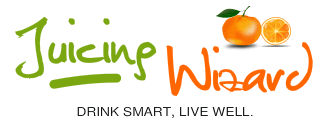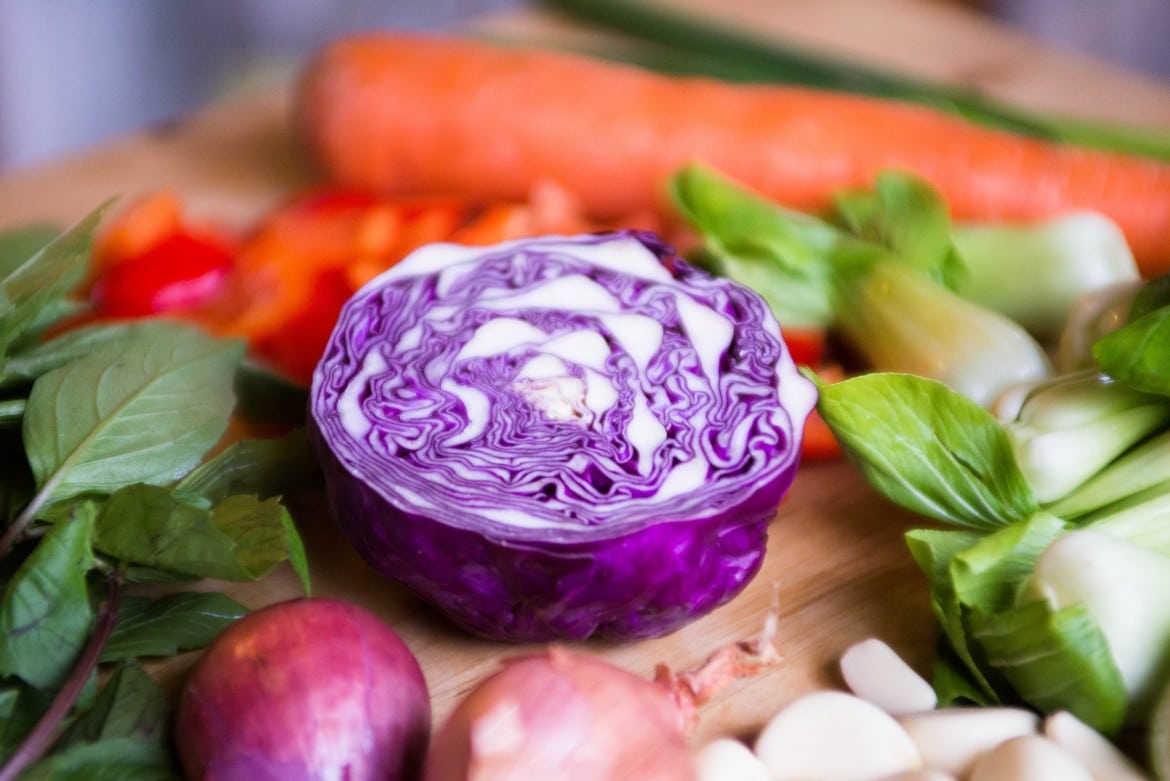Eating meat and dairy products has long been a staple of diets in many developed countries. Recently there have been questions raised about the health and environmental impacts of such diets, particularly with an increasing global population. Additionally, more people are turning to plant foods for nutrition, healthy weight management, and the natural energy that they provide to the body.
This has led many to consider switching to a plant based (essentially vegan) diet. If you are at this stage, you may want to look at how you will get the vital vitamins and minerals that only occur naturally in animal products.
Below are some suggestions on how to successfully switch to an all plant diet.
Vitamins
Vitamin B12 is naturally present only in animal products. A lack of B12 can lead to constipation, exhaustion, and the wrong kind of weight loss.
However, there are many B12 supplements that can be taken, and some plant-based products are fortified with B12, such as soya milk.
A plant-based diet will also be naturally low in other vitamins, such as vitamin D. Vegetables like Maitake mushrooms are high in vitamin D, but so is the sunshine.
Essential Minerals
Like the lack of vitamins, swapping to a vegan diet will require you to look for other sources of minerals such as zinc, iron, and calcium. Obviously, red meat and dairy products are naturally high in these, but there are other sources for the plant-based diet.
For zinc, chickpeas, garlic, and good quality dark chocolate can be a good and varied source. Calcium can be found in many green vegetables, including kale, greens, and watercress.
Legumes, sunflower seeds, and dark leafy greens are an excellent source of iron. However, one aspect to consider with iron intake is the amount and type of iron absorbed into the body.
Animal products contain heme iron, a type that is absorbed quicker and easier into the body than non-heme iron (the type found in plants). As a result, if switching to a plant based diet you will have to eat more iron and choose foods high in Vitamin C to aid iron absorption, such as citrus fruits or red peppers.
Protein
Eggs, meat and dairy products all contain protein. A plant-based diet does have some excellent alternatives. Beans, quinoa, and soya all contain protein, and other supplements can be used to boost this as well. Protein is important as it aids cell growth and regeneration. Having a low protein diet could lead to increased fatigue and weakness.
Read Food Labels
Changing to a plant based diet will make you more aware of what you are eating. You will probably find yourself reading more food labels in the supermarket to make sure you are buying the right produce.
Items such as suet and gelatin are derived from animals, and are just some of the products that you will need to look out for if you want to maintain your meat, egg, and dairy free diet.
Eat a varied diet
Like all healthy diets, a plant based one needs to be varied. A good mix of grains, seeds, pulses, fruit and vegetables is required to provide the different vitamins and minerals we need. Leading a life free from animal products is no guarantee of a healthy diet.
Obviously, a diet based entirely on fried potato would be extremely unhealthy, while technically being a vegan/plant based lifestyle.
Despite these considerations, there is no reason why you cannot switch to a plant based diet. It takes some organization and consideration, but does not mean you have to go without good food.

